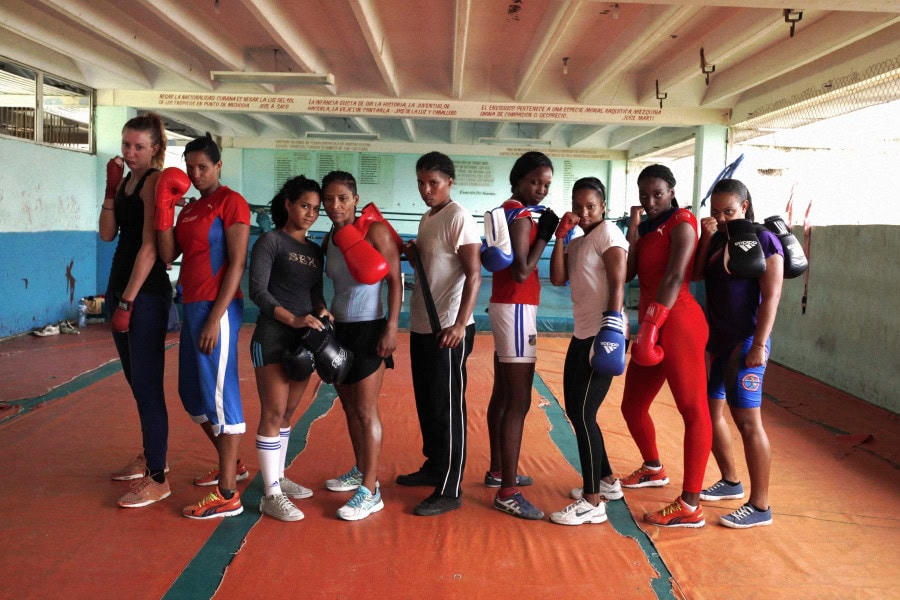Cuba is set to lift its long-standing ban on female boxers which will allow them to participate in tournaments around the world for the first time since 1959.
Under Fidel Castro’s reign, women were not allowed to participate in boxing, a trend which carried on until Monday but were bafflingly allowed to participate in wrestling, weightlifting, karate, taekwondo and judo competitions.
Cuba is known worldwide for producing some of the finest men’s amateur boxers the world has ever seen. Since the Munich Olympics in 1972, boxers from the island nation have won 41 gold medals in the competition, the most in that span for any country.
But at the same time, the women in the country were not allowed to be involved which led to them moving to other countries in order to pursue their dreams.
Ariel Saínz, vice president of Cuba’s Institute of Sports (INDER), delivered the news of the government’s decision to legalize participation by women in the sport at a news conference.
“Women’s boxing in Cuba… is going to bring us to the international medal table,” he said.
“We have a (law) now that assures equality between men and women,”.
The International Olympic Committee (IOC) introduced the women’s boxing category in 2009.
The first female boxers participated in the London games in 2012 before Rio de Janeiro in 2016 and Tokyo in 2020 continued the trend.
Cuba, however, was not one of the 202 nations affiliated with the International Boxing Association (IBA) that allowed female boxers to participate in the games until now.
Women’s boxing has swelled in recent years becoming a more mainstream sport rather than a niche product.
Katie Taylor and Amanda Serrano made history this year by headlining an event at MSG while Ramla Ali became the first boxer to fight in Saudi Arabia.










